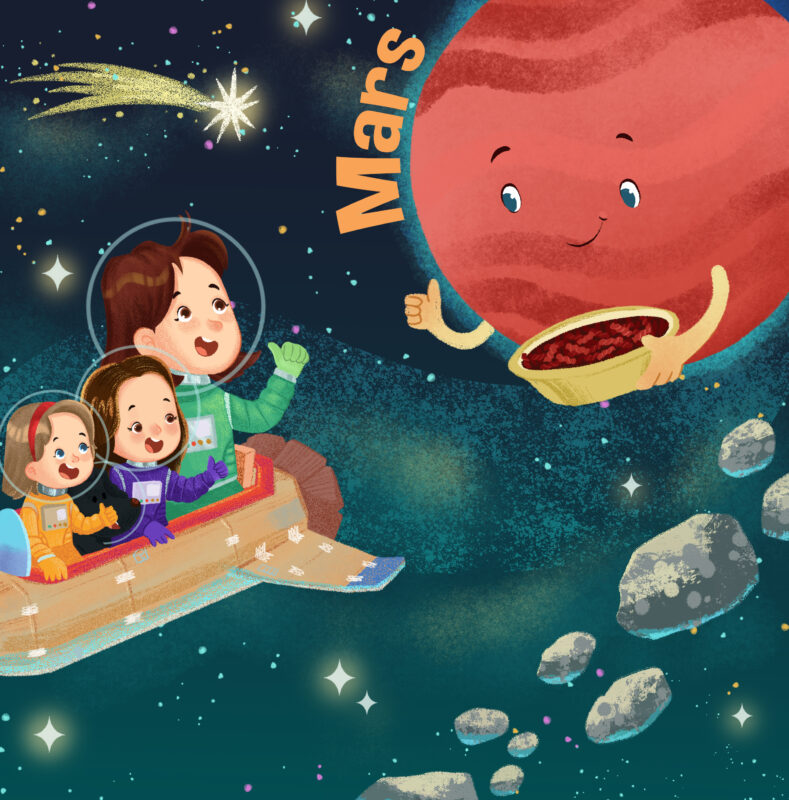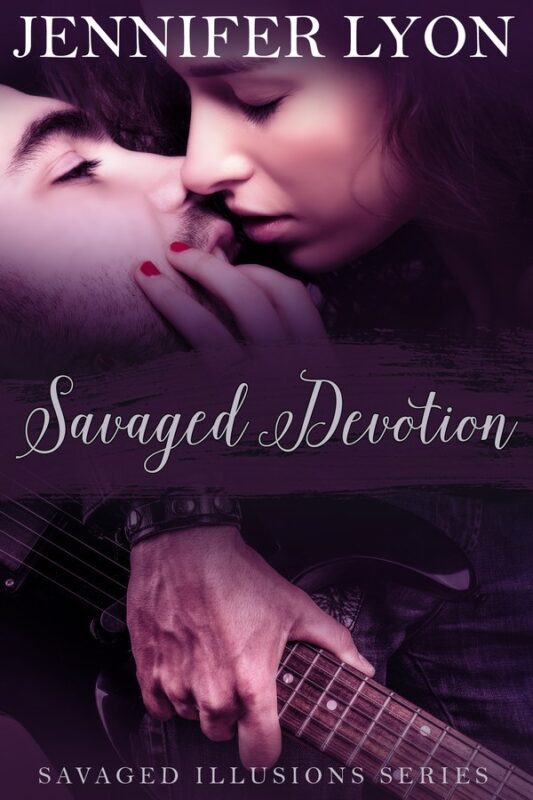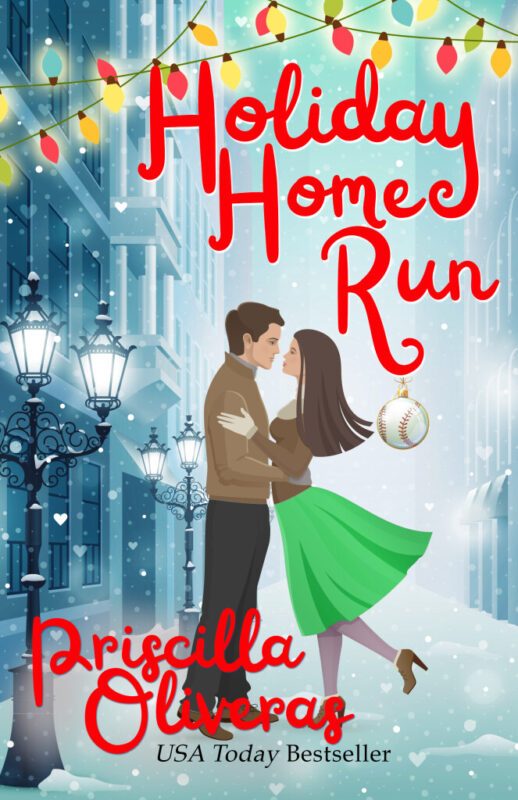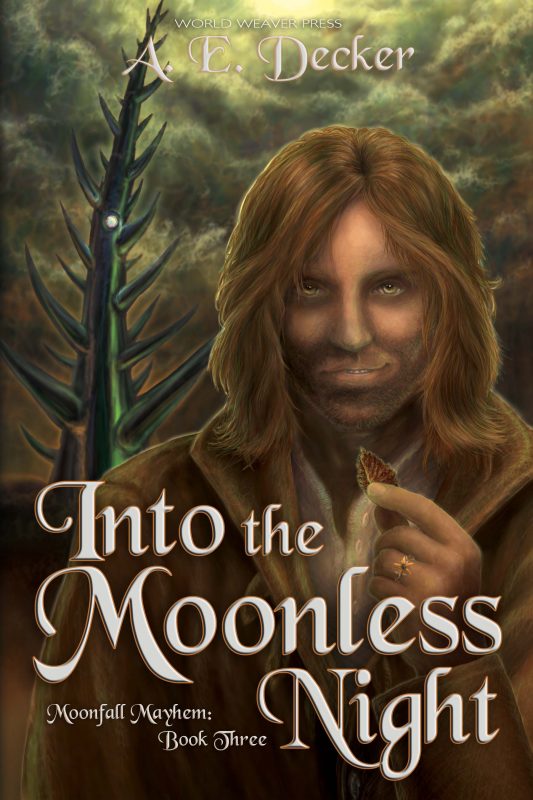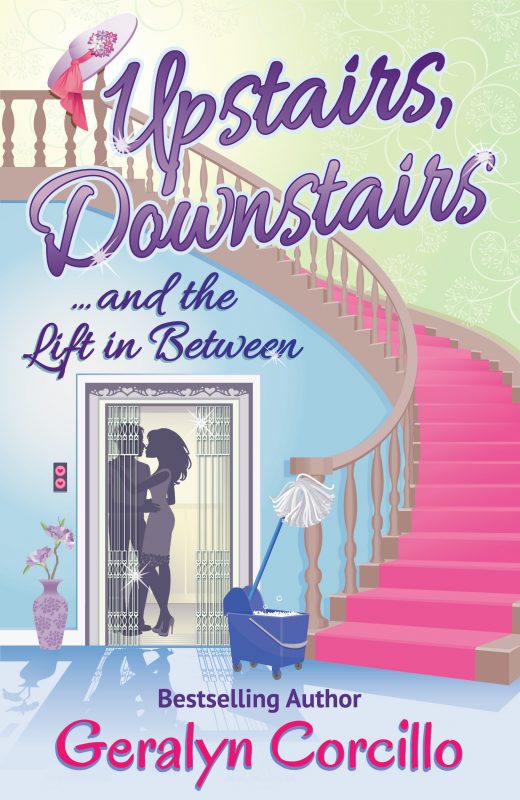2025 Bethlehem Writers Roundtable Short Story Award
April 18, 2025 by Bethlehem Writers Group in category Contests, From a Cabin in the Woods by Members of Bethlehem Writers Group, Writing Contest tagged as #TheBWG, Bethlehem Writers Group, Bethlehem Writers Roundtable Short Story Award, Short Story Award
The Bethlehem Writers Short Story Award 2025
BWG is seeking never-published stories of 2,500 words or fewer on the theme of Speculative Fiction (broadly interpreted tales of science fiction and fantasy).
The winners receive cash and publication, with the first-place winner being considered for our upcoming anthology, Illusive Worlds: Sweet, Funny, and Strange Tales of Science Fiction and Fantasy.
The deadline for the Short Story Award is April 30, 2025. Science fiction and fantasy author Adrian Tchaikovsky will judge the 2025 contest. Click the link below for more information and the entry form.
https://bwgwritersroundtable.com/short-story-award-2
If you have a great story concept for Illusive Worlds, fire up that word processor and get started.
First Place:
$250 and consideration for publication in our upcoming anthology: Illusive Worlds: Sweet, Funny, and Strange Tales of Science Fiction and Fantasy or Bethlehem Writers Roundtable
Second Place:
$100 and publication in Bethlehem Writers Roundtable
Third Place:
$50 and publication in Bethlehem Writers Roundtable
The 2025 contest judge is science-fiction and fantasy author Adrian Tchaikovsky.
For more information on the 2025 Short Story Award and for information on how to enter, click here. You can also read an interview with Mr. Tchaikovsky here.
Books from Bethlehem Writers Group, LLC

The Bethlehem Writers Group, LLC (BWG), founded in 2006, is a community of mutually supportive, fiction and nonfiction authors based in Bethlehem, Pennsylvania. The members are as different from each other as their stories, spanning a range of genres including: children’s, fantasy, humor, inspiration, literary, memoir, mystery, paranormal, romance, science fiction, women’s fiction, and young adult.
See the schedule of meetings and events here.
Bad vs. Good Reviews by Debra H. Goldstein
April 13, 2025 by Bethlehem Writers Group in category From a Cabin in the Woods by Members of Bethlehem Writers Group tagged as Debra H. Goldstein, Maze in Blue, reviews, With Our Bellies Full and the Fire Dying
Authors are often told to ignore reviews of their works. Some can, but most can’t. In fact, many writers can’t help focusing on anything except the bad ones.
I read reviews. Sometimes I totally agree and learn from the point being made, but often, I’d love to respond by telling the reviewer how crazy he/she is (authors are also told not to respond). For example, when Maze in Blue was published, the reviews and ratings were all favorable – mostly 5’s and an occasional 4. And then, someone posted a one-star Amazon review. The rationale was that not only had I gotten a main road in Ann Arbor wrong, but that if the character drove the road as I described it, they’d have physically run into the Dental school.

The reviewer was right for the way the road presently is, but Maze in Blue was set in the 1970’s. The road and building were neither moved nor built until a year after the story occurred. I desperately wanted to respond with a choice comment, but happily, the next review, was a five-star, written by the daughter of a U of M professor. She pointed out that the differences and noted what great and exact memories Maze brought back to her about living on campus in the 1970’s.
Talking to other authors, I’ve discovered they also have received one-star reviews that were a little out-to-lunch. One reviewer didn’t like the cover, another stated she didn’t read the book after learning the author name on the book was a pseudonym for a writer whose last novel she didn’t like, and a third said the book, while enjoyable, wasn’t anything to write home about.
Sometimes though, reviewers make my day. That’s been the case with my recently released collection of short stories, With Our Bellies Full and the Fire Dying. The collection contains eighteen stories about family and friends, their sins, and their sometimes redemption The tales range in tone from cozy to dark.
Here are some of my favorite reviews:
Veronica Jorge reviewed the stories from a murder and law perspective for A Slice of Orange. She wrote, “Don’t be fooled by the title. This is not a book about morality or religion. Far from it. It’s all about….MURDER … In this collection of eighteen award-winning short mysteries, everyday people find themselves caught up in events and circumstances that challenge and test them, and that reveal the thoughts and intentions of their hearts…. Goldstein is masterful at creating interest and intrigue, building suspense, and adding her signature twist at the end of each tale. … Debra’s years as a judge and litigator, combined with her skills as a storyteller, make for a perfect combination that, in these mysteries, introduce us to a diverse group of characters with a variety of motives for murder. Yet, where no one is above the law…unless you don’t get caught, or the law covers up for you. Read Veronica’s Review

Victoria Weisfeld fell in love with character voices, especially those that were children. She opined: “What’s most fun about reading this collection is how varied the stories are, even with the frequent appearance of something delicious. … A number of the stories feature children, precocious ones for the most part, like the son of the sheriff who not only discovers a body, but analyzes the crime scene based on his Magic of Forensic Science book. One I especially liked was “The Girls in Cabin Three,” made up solely of letters home from a teenage camper, whose reports must have horrified her parents! Although the stories are short, Goldstein loads in some compelling surprises, as in her story about a homeless encampment, “So Beautiful or So What,” where characters aren’t necessarily what they seem. Do they all get redemption? The lucky ones do. Read Victoria’s Review.
Writers Who Kill reviewer E.B. Davis focused on plots and characterizations. “Thankfulness, forgiveness, redemption and sometimes sinful denial are the result of living and are ways of coping with life’s dilemmas. Debra presents situations that are down-home real, and some are scary, pouncing on the reader like unaware prey. While reading, I heard the varied voices of characters, from youngsters of both sexes, several lawyers, to the old black men. Many stories were set in the South, which is unsurprising since that’s where Debra has lived.” – E.B. Davis – Writers Who Kill – Read E.B.’s Review
Perhaps the most interesting set of reviews were written and published cross-referencing each other for Bolo Books and Dru’s Musings by Kristopher Zgorzki and Dru Ann Love. Kristopher normally prefers suspense and thriller, while Dru specializes in reviewing cozies. Consequently, he reviewed the darker stories while she featured the cozy ones.
He described six stories before concluding: “This is Where I Buried My Wives” – This is my favorite story in the collection. A man and his new wife have a picnic lunch on the hill overlooking the graves of his previous wives. Readers will feel the tension in the air from the first sentence to the inevitable conclusion. This is a perfect example of how a dark tale can be told in non-graphic ways without losing any of the impact. … This is just a sampling of the excellent stories included in With Our Bellies Full and the Fire Dying. All fans of short crime fiction should include this book in their personal libraries.” Read Kristopher Review
Dru Ann examined ten lighter stories and found “With this collection of crime fiction short stories, Debra H. Goldstein takes us to the light side and the dark side where they all have one theme in common – mischief and mayhem. … These were all terrific reads…” Read Dru Ann’s Review
If you are an author, tell me about your “worst” review. Readers, have you ever left a review you realized was an oops?
Judge Debra H. Goldstein left the bench to follow her passion for writing mysteries. She is the author of author of With Our Bellies Full and the Fire Dying, a collection of her short stories, Kensington’s Sarah Blair Mystery Series and two standalones: Maze in Blue and Should Have Played Poker. Her novels and short stories have received Silver Falchion, IPPY, AWC, and BWR awards and been named Agatha, Anthony, Derringer, and Claymore finalists.

More of Debra’s books
2025 Bethlehem Writers Roundtable Short Story Award
February 17, 2025 by Bethlehem Writers Group in category Contests, From a Cabin in the Woods by Members of Bethlehem Writers Group tagged as #TheBWG, Bethlehem Writers Group, Bethlehem Writers Roundtable Short Story Award, Short Story Award
With the new year comes another contest for BWG LLC’s latest anthology, Illusive Worlds, forthcoming in 2026.
BWG is seeking never-published stories of 2,500 words or fewer on the theme of Speculative Fiction (broadly interpreted tales of science fiction and fantasy).
The winners receive cash and publication, with the first-place winner being considered for our upcoming anthology, Illusive Worlds: Sweet, Funny, and Strange Tales of Science Fiction and Fantasy.
The Contest opened January 1, 2025, and the deadline is March 31, 2025. Science fiction and fantasy author Adrian Tchaikovsky will judge the 2025 contest. Click the link below for more information and the entry form.
https://bwgwritersroundtable.com/short-story-award-2
If you have a great story concept for Illusive Worlds, fire up that word processor and get started.
First Place:
$250 and consideration for publication in our upcoming anthology: Illusive Worlds: Sweet, Funny, and Strange Tales of Science Fiction and Fantasy or Bethlehem Writers Roundtable
Second Place:
$100 and publication in Bethlehem Writers Roundtable
Third Place:
$50 and publication in Bethlehem Writers Roundtable
The 2025 contest judge is science-fiction and fantasy author Adrian Tchaikovsky.
For more information on the 2025 Short Story Award and for information on how to enter, click here. You can also read an interview with Mr. Tchaikovsky here.
Books from Bethlehem Writers Group, LLC
Digging Deep by Dianna Sinovic
February 13, 2025 by Bethlehem Writers Group in category From a Cabin in the Woods by Members of Bethlehem Writers Group tagged as Digging deep, emotions, reader reactions, writing
I can still remember watching Titanic shortly after it came out (late ‘90s). It was the climax, after the iceberg has done its damage and the unsinkable ship is sinking. Rose is lying on the floating debris, and Jack is about to succumb to hypothermia. In the sea of people surrounding me and a friend in the movie theater, we were the only two not sobbing. We looked at each other as the credits rolled, baffled at the teary response we were witnessing.
It was a powerful lesson in storytelling to realize that not everyone reacts to an emotional scene in a way the author (or director) hopes they will.
That varied reaction is one that plays out again and again in discussions with other readers—in my book group, in my movie group, and in my various writers’ groups. We each bring to the books we read and movies we watch a unique set of experiences that influence how we respond to the material.
When the emotional pull is deep, the power of the story can remain long after I finish the book or the movie ends. For me, a book that stayed with me long afterward was Atonement by Ian McEwan. The ending (spoiler alert!), when the reader discovers that Cecilia and Robbie, the young couple they’ve become invested in, actually died because of what another character did that put them in harm’s way, devasted me. I put off starting a new book for days because that story kept haunting me.
Another example is Mongrels by Stephen Graham Jones, about a teen boy who may or may not have inherited his family’s ability to become a werewolf. By the time the climax arrives, the reader is beginning to think the potential transformation will not happen. (Spoiler alert!) So when it does happen, the reader feels the relief viscerally, just as the main character does. I returned to that scene to reread it again and again, marveling at how it affected me.
Neither of these books may have affected you, but it was alchemy magic for me. Or, not really magic, but the skill of the author to build a story so that the emotional stakes for the protagonist feel so real and true that the reader can’t help but experience it along with that main character.
As a book coach, I can be impressed with and enjoy a story for a number of craft reasons—but the reader in me will fall in love with a book because of how it moves me.
According to Donald Maass inhis superb nonfiction book The Emotional Craft of Fiction, the key to moving the reader is making the emotional stakes clear—letting the reader see/understand why what happens is meaningful to the main character. When the important thing does happen (or doesn’t), we feel the impact deeply and it remains with us. “Focus on the emotional world of your characters,” Maass writes, “and you will not only make a better tale, but you will build a better world for us all.”
Let’s return to the movie Titanic. Rewatching that film recently, more than twenty years after my first viewing, my reaction to the climactic scene in the water was much different. I ran for the tissues. The movie hadn’t changed (Jack still died), but so it had to be me. Those intervening years provided enough love and loss to connect emotionally with the scene that played out.
Books By Bethlehem Writers Group
2025 Bethlehem Writers Roundtable Short Story Award
February 4, 2025 by Bethlehem Writers Group in category Contests, From a Cabin in the Woods by Members of Bethlehem Writers Group tagged as #TheBWG, Bethlehem Writers Group, Bethlehem Writers Roundtable Short Story Award, Short Story Award
With the new year comes another contest for BWG LLC’s latest anthology, Illusive Worlds, forthcoming in 2026.
BWG is seeking never-published stories of 2,500 words or fewer on the theme of Speculative Fiction (broadly interpreted tales of science fiction and fantasy).
The winners receive cash and publication, with the first-place winner being considered for our upcoming anthology, Illusive Worlds: Sweet, Funny, and Strange Tales of Science Fiction and Fantasy.
The Contest opened January 1, 2025, and the deadline is March 31, 2025. Science fiction and fantasy author Adrian Tchaikovsky will judge the 2025 contest. Click the link below for more information and the entry form.
https://bwgwritersroundtable.com/short-story-award-2
If you have a great story concept for Illusive Worlds, fire up that word processor and get started.
First Place:
$250 and consideration for publication in our upcoming anthology: Illusive Worlds: Sweet, Funny, and Strange Tales of Science Fiction and Fantasy or Bethlehem Writers Roundtable
Second Place:
$100 and publication in Bethlehem Writers Roundtable
Third Place:
$50 and publication in Bethlehem Writers Roundtable
The 2025 contest judge is science-fiction and fantasy author Adrian Tchaikovsky.
For more information on the 2025 Short Story Award and for information on how to enter, click here. You can also read an interview with Mr. Tchaikovsky here.
Books from Bethlehem Writers Group, LLC
Affiliate Links
A Slice of Orange is an affiliate with some of the booksellers listed on this website, including Barnes & Nobel, Books A Million, iBooks, Kobo, and Smashwords. This means A Slice of Orange may earn a small advertising fee from sales made through the links used on this website. There are reminders of these affiliate links on the pages for individual books.
Search A Slice of Orange
Find a Column
Archives
Featured Books
SAVAGED DEVOTION
She fell in love with a rock star and lost everything…
More info →HOLIDAY HOME RUN
She’s focused on organizing the best holiday event the youth center has ever seen, not on romance. But Ben…he’s got a game plan for them that includes both.
More info →INTO THE MOONLESS NIGHT
Catch Starthorne has spent a lifetime running from the prophecy that names him as the one who will save the shifter race, but now that he has returned to his home in Clawcrags, he may have to face his destiny.
More info →
UPSTAIRS, DOWNSTAIRS … AND THE LIFT IN BETWEEN
She crosses and ocean to take the holiday of her dreams at an English country estate ... where he works below stairs.
More info →Newsletter
Contributing Authors
Search A Slice of Orange
Find a Column
Archives
Authors in the Bookstore
- A. E. Decker
- A. J. Scudiere
- A.J. Sidransky
- Abby Collette
- Alanna Lucus
- Albert Marrin
- Alice Duncan
- Alina K. Field
- Alison Green Myers
- Andi Lawrencovna
- Andrew C Raiford
- Angela Pryce
- Aviva Vaughn
- Barbara Ankrum
- Bethlehem Writers Group, LLC
- Carol L. Wright
- Celeste Barclay
- Christina Alexandra
- Christopher D. Ochs
- Claire Davon
- Claire Naden
- Courtnee Turner Hoyle
- Courtney Annicchiarico
- D. Lieber
- Daniel V. Meier Jr.
- Debra Dixon
- Debra H. Goldstein
- Debra Holland
- Dee Ann Palmer
- Denise M. Colby
- Diane Benefiel
- Diane Sismour
- Dianna Sinovic
- DT Krippene
- E.B. Dawson
- Emilie Dallaire
- Emily Brightwell
- Emily PW Murphy
- Fae Rowen
- Faith L. Justice
- Frances Amati
- Geralyn Corcillo
- Glynnis Campbell
- Greg Jolley
- H. O. Charles
- Jaclyn Roché
- Jacqueline Diamond
- Janet Lynn and Will Zeilinger
- Jaya Mehta
- Jeannine Atkins
- Jeff Baird
- Jenna Barwin
- Jenne Kern
- Jennifer D. Bokal
- Jennifer Lyon
- Jerome W. McFadden
- Jill Piscitello
- Jina Bacarr
- Jo A. Hiestand
- Jodi Bogert
- Jolina Petersheim
- Jonathan Maberry
- Joy Allyson
- Judy Duarte
- Justin Murphy
- Justine Davis
- Kat Martin
- Kidd Wadsworth
- Kitty Bucholtz
- Kristy Tate
- Larry Deibert
- Larry Hamilton
- Laura Drake
- Laurie Stevens
- Leslie Knowles
- Li-Ying Lundquist
- Linda Carroll-Bradd
- Linda Lappin
- Linda McLaughlin
- Linda O. Johnston
- Lisa Preston
- Lolo Paige
- Loran Holt
- Lynette M. Burrows
- Lyssa Kay Adams
- Madeline Ash
- Margarita Engle
- Marguerite Quantaine
- Marianne H. Donley
- Mary Castillo
- Maureen Klovers
- Megan Haskell
- Melanie Waterbury
- Melisa Rivero
- Melissa Chambers
- Melodie Winawer
- Meriam Wilhelm
- Mikel J. Wilson
- Mindy Neff
- Monica McCabe
- Nancy Brashear
- Neetu Malik
- Nikki Prince
- Once Upon Anthologies
- Paula Gail Benson
- Penny Reid
- Peter J Barbour
- Priscilla Oliveras
- R. H. Kohno
- Rachel Hailey
- Ralph Hieb
- Ramcy Diek
- Ransom Stephens
- Rebecca Forster
- Renae Wrich
- Roxy Matthews
- Ryder Hunte Clancy
- Sally Paradysz
- Sheila Colón-Bagley
- Simone de Muñoz
- Sophie Barnes
- Susan Kaye Quinn
- Susan Lynn Meyer
- Susan Squires
- T. D. Fox
- Tara C. Allred
- Tara Lain
- Tari Lynn Jewett
- Terri Osburn
- Tracy Reed
- Vera Jane Cook
- Vicki Crum
- Writing Something Romantic
Affiliate Links
A Slice of Orange is an affiliate with some of the booksellers listed on this website, including Barnes & Nobel, Books A Million, iBooks, Kobo, and Smashwords. This means A Slice of Orange may earn a small advertising fee from sales made through the links used on this website. There are reminders of these affiliate links on the pages for individual books.

































